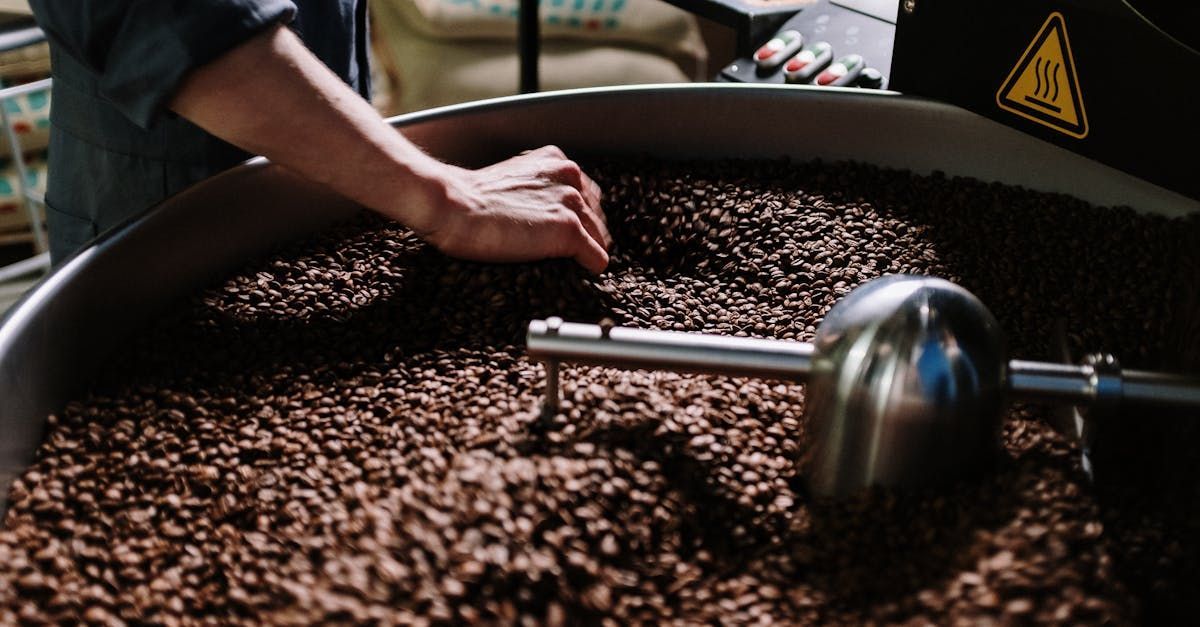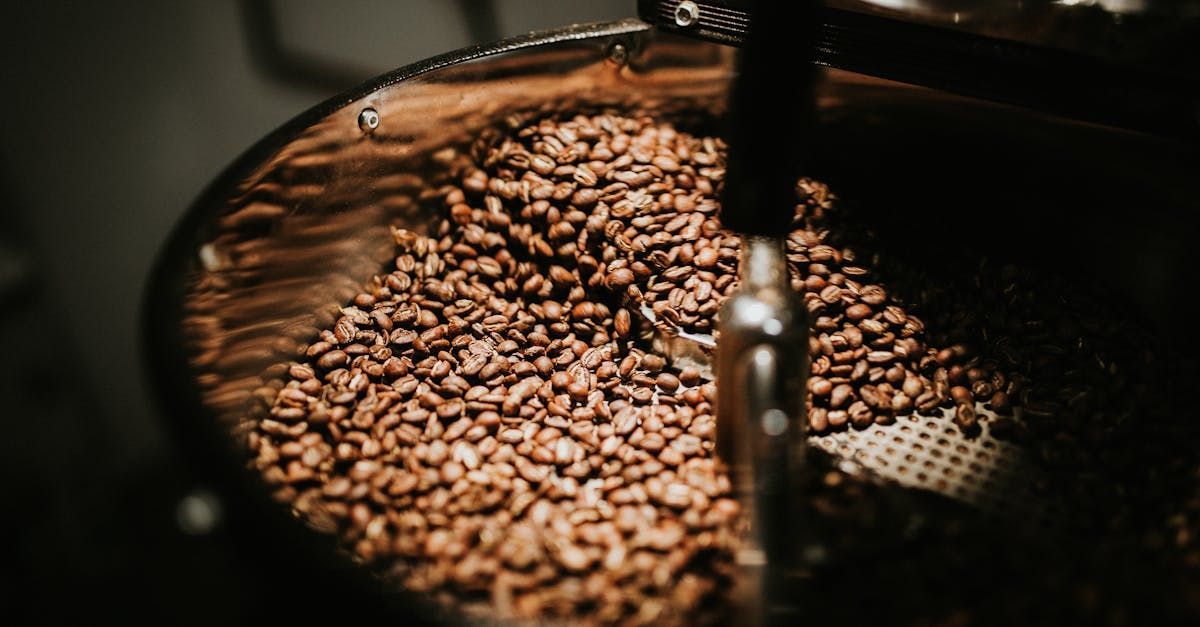The Cultural Impact of Coffee: How a Beverage Shaped Societies
Introduction
Coffee—it's not just a drink; it's a global phenomenon that has woven itself into the very fabric of societies around the world. From cozy cafés on Parisian streets to bustling coffeehouses in Istanbul, this humble bean has sparked social revolutions, fueled intellectual movements, and become a symbol of hospitality and connection. Join us as we explore how coffee has transcended being a mere beverage to become a cultural cornerstone that shapes communities and traditions worldwide.

I. The Birth of Coffeehouses: Hubs of Social Interaction
A. The Ottoman Empire's Coffee Culture
The 16th-century Ottoman Empire saw the rise of the first coffeehouses, known as "qahveh khaneh." These establishments quickly became more than places to enjoy a cup of coffee; they were centers of social interaction, intellectual discourse, and entertainment. People gathered to listen to music, watch performances, play chess, and discuss politics and literature.
B. European Enlightenment and Coffeehouses
When coffee made its way to Europe, it brought the coffeehouse culture with it. In cities like London, Vienna, and Paris, coffeehouses became the epicenters of intellectual life. Philosophers, artists, writers, and politicians would convene to exchange ideas, leading to significant cultural and political developments.
- England: Dubbed "Penny Universities," English coffeehouses offered access to newspapers and stimulating conversations for the price of a penny.
- France: Café Procope in Paris hosted luminaries like Voltaire and Rousseau, contributing to the ferment of ideas leading up to the French Revolution.
- Austria: Viennese coffeehouses became renowned for their elegance and as meeting places for composers like Mozart and Beethoven.
II. Coffee and Revolutions
A. The American Revolution
In the American colonies, coffeehouses played a crucial role in the events leading up to the Revolution. Places like the Green Dragon Tavern in Boston were hotspots for planning and discussion among patriots like Paul Revere and Samuel Adams.
B. The French Revolution
Similarly, French cafés served as breeding grounds for revolutionary ideas. The accessibility of coffeehouses allowed individuals from different social classes to mingle and share radical thoughts, fueling the desire for political change.
III. Cultural Rituals and Traditions
A. Ethiopia's Coffee Ceremony
In Ethiopia, the birthplace of coffee, the traditional coffee ceremony is a cornerstone of social and cultural life. This elaborate ritual involves roasting green coffee beans over an open flame, grinding them by hand, and brewing the coffee in a jebena (a clay pot). The ceremony can last several hours and symbolizes respect, friendship, and hospitality.
B. Italy's Espresso Culture
In Italy, coffee is an art form. The espresso bar is a daily stop for many Italians, where they stand at the counter to enjoy a quick shot of espresso. This ritual is deeply ingrained in Italian culture, emphasizing quality over quantity and savoring the moment.
C. Japan's Embrace of Coffee
While traditionally a tea-drinking nation, Japan has developed a unique coffee culture that blends precision and aesthetics. From meticulous pour-over techniques to themed cafés, coffee in Japan is enjoyed with a sense of ceremony and innovation.
IV. Economic and Social Impacts
A. Global Trade and Economies
Coffee is one of the world's most traded commodities, providing livelihoods for millions of people in developing countries. The economies of nations like Brazil, Colombia, and Vietnam are significantly bolstered by coffee production and export.
B. Fair Trade and Sustainability
In recent decades, there has been a growing emphasis on fair trade practices and sustainable farming in the coffee industry. Consumers are increasingly aware of the ethical implications of their coffee choices, leading to positive changes in labor practices and environmental stewardship.
V. Coffee in the Digital Age
A. The Rise of Café Work Culture
With the advent of remote work and the gig economy, coffeehouses have become the modern office for freelancers and entrepreneurs. The availability of Wi-Fi and a comfortable atmosphere makes cafés ideal spaces for productivity and networking.
B. Social Media and Coffee Art
Coffee has taken on new life in the age of Instagram and TikTok. Latte art and aesthetically pleasing café settings have turned coffee into a visual experience, influencing trends and consumer expectations.
Conclusion
From ancient rituals to modern-day innovations, coffee has had an indelible impact on societies around the globe. It has been a catalyst for social interaction, a medium for artistic expression, and a driver of economic growth. The next time you enjoy a cup of coffee, consider the rich tapestry of history and culture that accompanies each sip—a global journey that connects us all.
Call-to-Action
How has coffee influenced your life or culture? We'd love to hear your stories! Share your experiences in the comments below. Don't forget to subscribe to Kalihandco.com for more insights into the world of coffee, its history, and its ever-evolving role in our lives.


We are Open
- Mon - Wed
- -
- Thu - Fri
- -
- Saturday
- -
- Sunday
- Closed
Subscribe to Get Our Special Offers
Subscribe to Get Our Special Offers
Thanks for subscribing. You'll be the first to hear about new items and special offers.
Please try again later.





